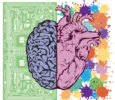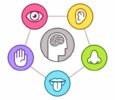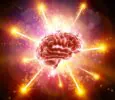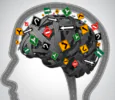Resource Library
Your gateway to resources for and about gifted students.
Neuroscience of Giftedness: Increased brain areas associated with emotional processing
by Sharon Duncan, Corin Goodwin, Joanna Haase, Ph.D, MFT, and…

Neuroscience of Giftedness: Greater Sensory Sensitivity
by Sharon Duncan, Corin Goodwin, Joanna Haase, Ph.D, MFT, and…

Neuroscience of Giftedness: Increased Brain Activation
by Sharon Duncan, Corin Goodwin, Joanna Haase, Ph.D, MFT, and…

Neuroscience of Giftedness: Greater Connectivity Across Brain Regions
by Sharon Duncan, Corin Goodwin, Joanna Haase, Ph.D, MFT, and…


Free Resources and Guides
Families can find gifted resources by browsing popular topics and issues in the gifted community. We also have extensive guides written by the Davidson Institute professionals have been designed to assist families with gifted students.

Support for Educators
Join the online community of professionals committed to meeting the unique needs of highly gifted students.
Davidson Institute Spotify Playlists
Now you can take Davidson with you! We’ve curated topic-specific playlists of the podcast episodes our Family Services Team has been listening to and recommending to families. Now, they are all in one convenient spot, so just follow us on Spotify, and listen along on your schedule!